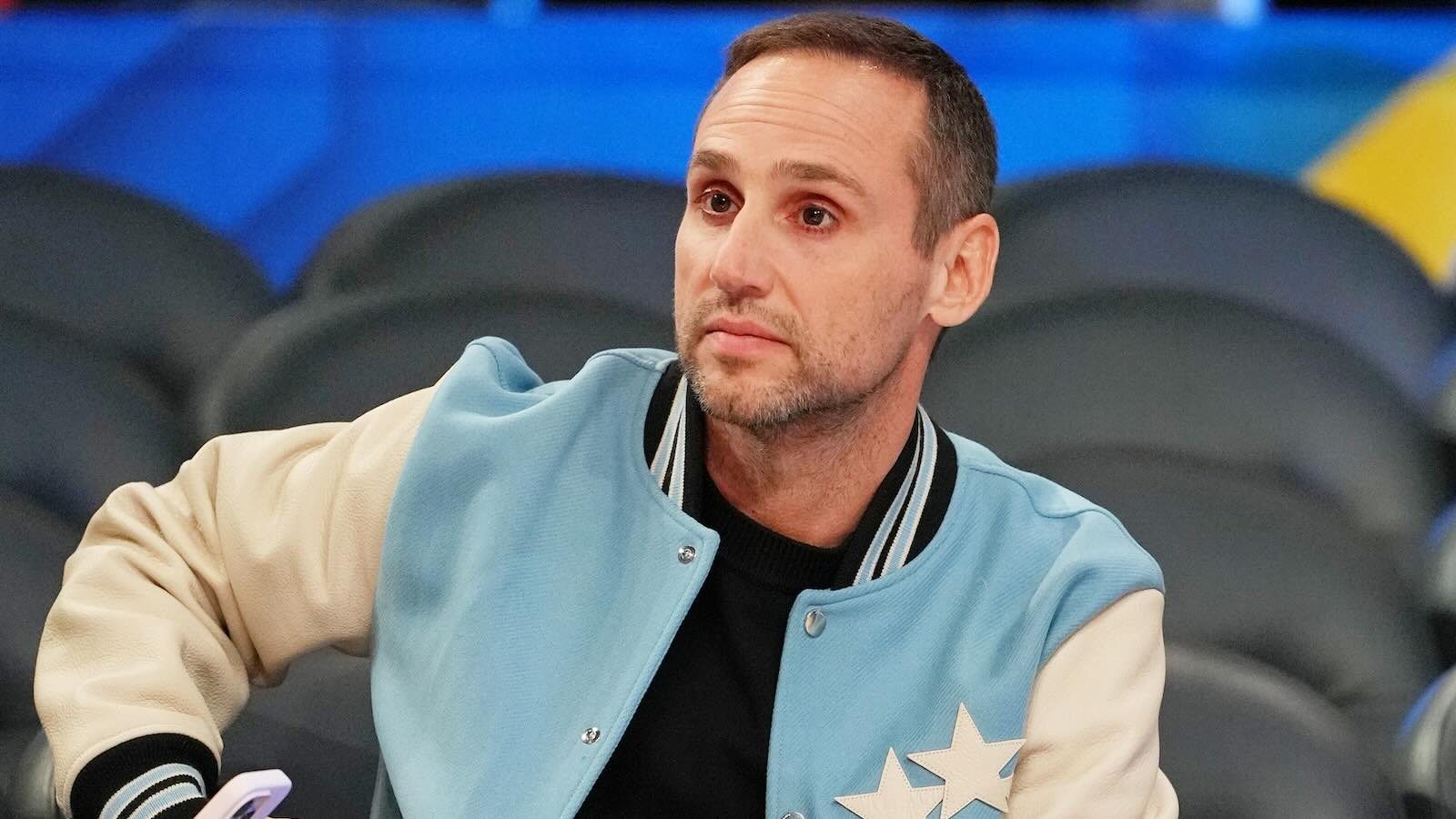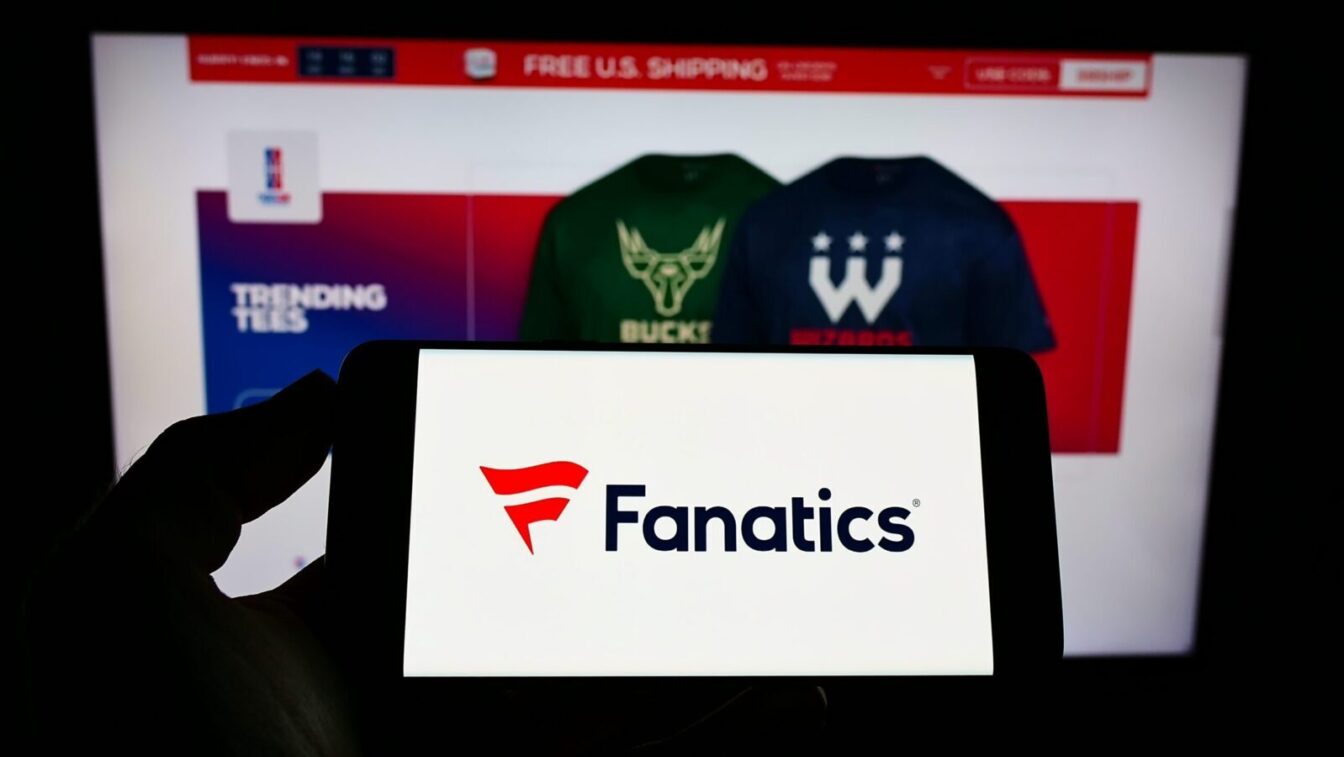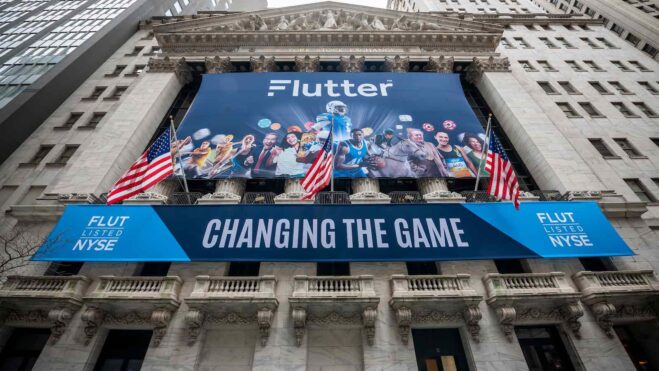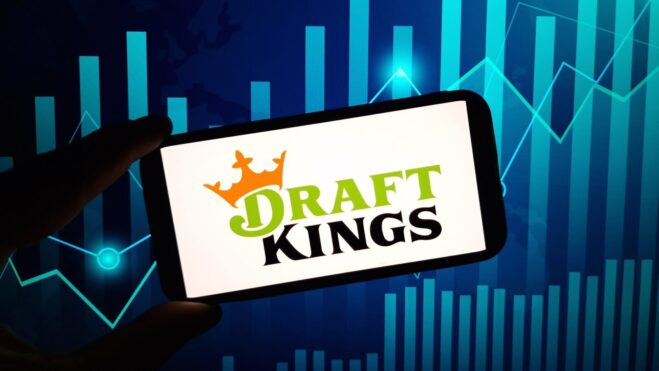As IPO Market Heats Up, Fanatics Conspicuous By Its Absence
It wouldn’t be alone among unicorns — billion-dollar private firms — dealing with valuation haircuts
3 min

Following a lengthy slumber, the initial public offerings (IPO) market is perking up. Led by Chine Financial (NASDAQ: CHYM), six IPOs came to market for the week ending June 13.
That activity followed public markets debuts by some notable names, including Nvidia-backed CoreWeave (NASDAQ: CRWV) and more recently, stablecoin issuer Circle (NYSE: CRCL). Yet to join the 2025 IPO cavalcade is … Fanatics.
Following the online sports betting IPO fervor of 2020 and 2021 that saw companies such as DraftKings (NASDAQ: DKNG) and Rush Street Interactive (NYSE: RSI) come to market, rumors swirled that Fanatics would join that group. Michael Rubin’s company even held an investor day in June 2023, stoking speculation that a public share sale was imminent. That hasn’t been the case, prompting some experts to note that the company’s efforts to integrate three divisions — apparel, collectibles, and Fanatics Betting & Gaming (FBG) — could be one reason why Fanatics remains privately held.
Of course, Fanatics has rebuffed speculation around a possible IPO. Reached for comment for this story, a Fanatics spokesperson pointed to the June 12 appearance by Rubin on CNBC’s Squawk Box.
“The company’s making good profits today,” Rubin said during a conversation about the company and Fanatics Fest. “We have all the capital that we need. For me, there’s no rush to be a public company.”
Rubin added that the company would be public “one day,” and expanded on its current position.
“We’ve got close to $1 billion on the balance sheet in cash today,” he said. “We’ve generated a fair amount of cash this year. … Our two big investors today, they like us being private, they like us building the business. Eventually, I think we’ll be too big of a company not to be a public company.”
FBG is growing rapidly and gaining share in marquee markets such as New York, but the unit still isn’t profitable and it may not break even until 2027, according to S&P Global Ratings. The gaming unit’s status as a money loser could be a contributing factor in the parent’s decision to remain private.
“Looking at the success of competitors like DraftKings and FanDuel, the betting segment (a.k.a. Fanatics Betting & Gaming, FBG) represents Fanatics’ largest growth opportunity, but the company is still seeing operating losses as it works to gain market share from the established players,” said Dr. Lukas Muehlbauer, a research associate at IPOX, in comments provided to Casino Reports.
He adds there would be challenges associated with an IPO while FBG isn’t profitable and that would likely compel market participants to “heavily discount the company’s valuation due to the uncertainty and continued cash burn.”
Fanatics valuation conundrum
Fanatics last raised capital in December 2022, hauling in $700 million at a valuation of $31 billion — an impressive feat considering investor sentiment was weak then due to high inflation and rising interest rates. But there are rumors the company is worth considerably less than $31 billion.
“Valuation could definitely be a driving factor, as that’s been a sticking point in the broader IPO market over the past few years,” Avery Marquez of Renaissance Capital, a provider of pre-IPO research, told Casino Reports. “We’ve seen quite a few unicorns take valuation cuts both prior to and at IPO.”
IPOX’s Muehlbauer says reports of Fanatics trading in secondary markets imply the company’s valuation could be as low as $17 billion. It wouldn’t be alone among unicorns — private firms worth at least $1 billion — dealing with valuation haircuts. In 2023, 128 members of the Hurun Global Unicorn Index experienced valuation declines with 42 losing unicorn status. Chime and social media outlet Reddit (NASDAQ: RDDT) are recent examples of such corporations that went public at multiples well below their peaks as private entities.
If Fanatics debuted with a market capitalization of $17 billion, it’d rank just outside the top 50 U.S.-listed consumer discretionary companies by that metric and slightly below DraftKings’ June 13 market value of $18.11 billion. At a $31 billion multiple, the FBG owner would be inside the top 40 New York-traded consumer cyclical stocks and larger than all gaming companies except FanDuel parent Flutter Entertainment (NYSE: FLUT).
‘No one wants to be a guinea pig’
Another reason Fanatics may be delaying IPO plans is because available litmus tests are scant. Put simply, there aren’t many companies that dance in the worlds of sports apparel, collectibles, and wagering, meaning there aren’t publicly traded companies that are relevant comparisons to Fanatics.
“There also haven’t been many recent IPOs that would be considered close comps to Fanatics,” adds Renaissance’s Marquez. “Public investors are still very discerning right now. So while there has been some softening in sentiment, the company may be waiting to see how investors value a more similar peer. No one wants to be the guinea pig.”
Another element in the Fanatics IPO equation is geopolitical in nature. While the company has factories in Florida, Oklahoma, and Pennsylvania, it outsources some of its production to 94 facilities across 17 countries, according to the Fair Labor Association (FLA). Alone, that implies some level of vulnerability should tariffs creep back into headlines, and if the U.S. implements stiff levies against major trading partners, consumer prices could spike, prompting bettors to scale back their spending.
“The company may also be waiting to see that this period of stability and strong performance lasts — I think that’s the case with many IPO candidates right now,” concludes Marquez. “The tariff saga and related volatility are still a threat to activity, and big early gains lose their appeal if aftermarket support isn’t there. Beyond that, Fanatics’ business is not as recession/tariff-resistant as the companies we’ve seen come to market recently.”






